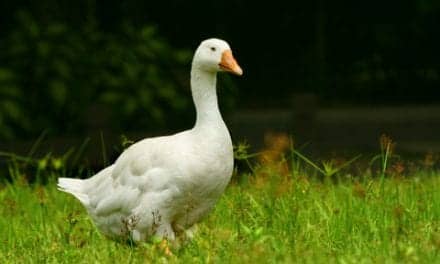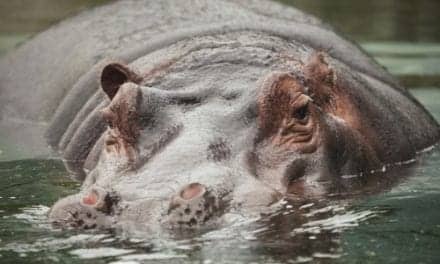A team of researchers at Kansas State University and the Icahn School of Medicine at Mount Sinai has developed a vaccine that protects poultry from multiple strains of avian influenza found in the US, including H5N1, H5N2 and H5N8.
The vaccine has the potential to be administered through water or into embryonated eggs, making it easier for poultry producers to vaccinate flocks.
The vaccine, called NDV-H5Nx, protects chickens and likely other poultry against the three recently introduced US avian influenza strains H5N1, H5N2 and H5N8, as well as against Newcastle disease virus — a virus that naturally affects poultry. Avian influenza killed millions of chickens and turkeys in the US in spring and summer 2015, leading to billions in lost revenue for the US poultry industry.
The NDV-H5Nx vaccine also has the potential to be administered to millions of birds at a time through water, said Jürgen Richt, Regents distinguished professor of veterinary medicine, director of the US Department of Homeland Security’s Center of Excellence for Emerging and Zoonotic Animal Diseases at Kansas State University and one of the researchers involved in the discovery.
“The vaccine we produced is a live vaccine, which means it replicates in birds,” Richt said. “Because it’s live, we believe that the vaccine could be sprayed into the air or put in the water supply so that when the chickens need a drink, they could be vaccinated. A poultry farm could vaccinate all of its birds in a single day because all living creatures need water to live.”
The vaccine also has potential to be administered to developing chicks in eggs, resulting in offspring being automatically vaccinated for the diseases, said Wenjun Ma, Kansas State University assistant professor of diagnostic medicine and pathobiology and one of the researchers involved.










